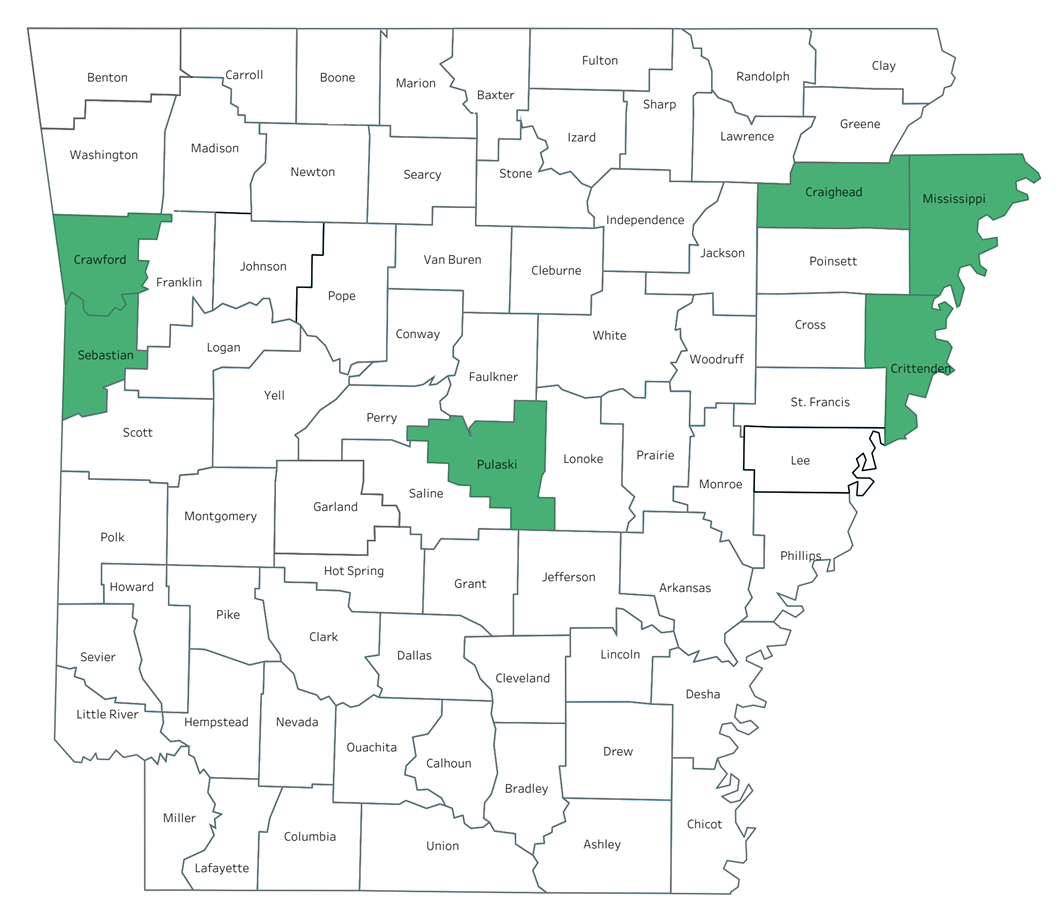Mental Health Court is a voluntary, fourteen-to-eighteen month, multi-phase intervention program for adults involved in the criminal justice system due to an underlying, unmanaged mental health disorder. Mental Health Courts are collaborative efforts by several local and state agencies that work together to provide mental health treatment and intensive judicial supervision to aid participants in achieving healthy, stabilized lifestyles. Mental Health Court involves frequent court appearances, random drug/alcohol testing, group and individual counseling, and intensive community supervision. Mental Health Court awards incentives for compliance with programmatic requirements and achieving treatment goals.
Mental Health Courts strive to increase public safety, decrease the incarceration of the mentally ill, and improve the quality of life for participants, families, and the community.

Mental Health Court Team:
A dedicated multidisciplinary team of professionals manages the day-to-day operations of Mental Health Court, including reviewing participants progress during pre-court team meetings and status hearings, contributing observations and recommendations within team members' respective areas of expertise, and delivering or overseeing the delivery of legal, treatment, and supervision services.
The Mental Health Court team is comprised of representatives from partnering agencies involved in the program, which includes the following:
- Judge
- Program Coordinator
- Prosecuting Attorney
- Defense Attorney
- Treatment Provider
- Probation Officer
- Law Enforcement Liaison
Eligibility Criteria:
To be eligible for a Mental Health Court:
- The person must be an adult;
- The person must be charged with a criminal offense;
- The person must not be charged with a serious felony offense involving violence as defined in A.C.A.§5-4-501 (c)(2);
- The person must not have a previous conviction or pending charge for a felony offense that would require the person to register as a sex offender;
- The person must have a mental health disorder and must be identified as clinically appropriate as determined by a validated clinical assessment tool;
- The person must be identified as high-risk/high-need as determined by a validated risk-need assessment tool;
- The person must be approved for admission by the Mental Health Court team.
Admission Process:
- Step One: Application - A person or defense counsel may apply to Mental Health Court through the program coordinator.
- Step Two: Preliminary Prosecutor Approval - The prosecuting attorney will determine if the person's pending case(s) and criminal history meet eligibility criteria.
- Step Three: Risk-Need Assessment - The person will complete a risk-need assessment.
- Step Four: Clinical Assessment - The person will complete a clinical assessment.
- Step Five: Team Review - The Mental Health Court team will review the person's information, including the risk-need and clinical assessment findings, to determine program appropriateness.
Mental Health Courts are subject to evaluation by the Specialty Court Program Advisory Committee under A.C.A. §16-10-139.